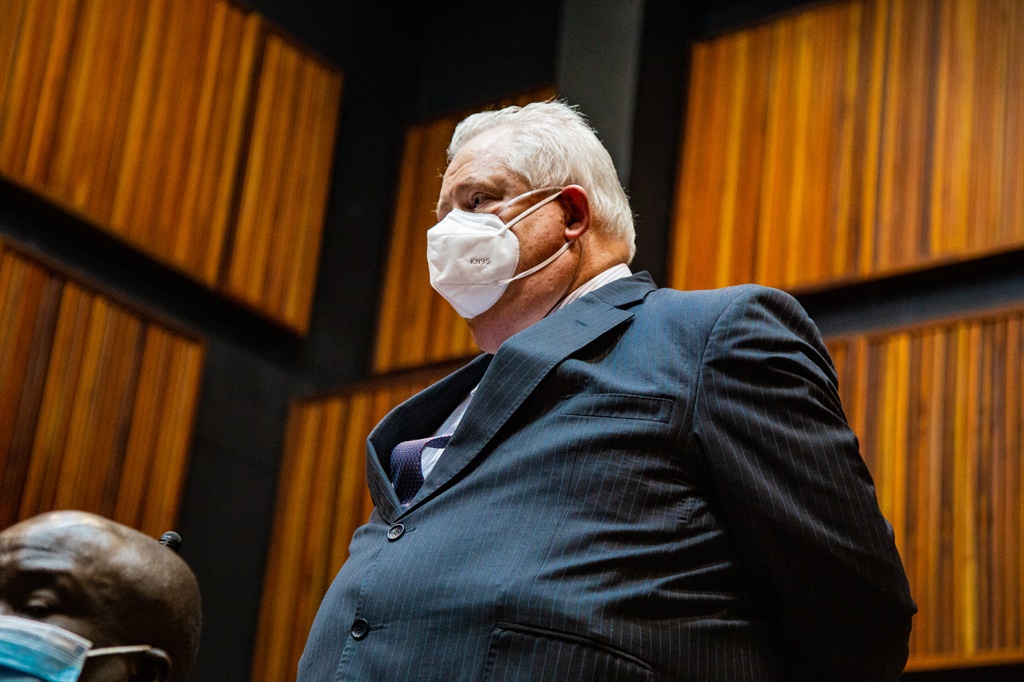Disciplining a young child can sometimes be like a battle, and while they are not yet ready for the consequences of their actions it is important to start using discipline strategies that will teach them how to manage their behavior. The energy doesn’t stop running, jumping and playing, so it’s important to find healthy ways to help them be alert. Young children explore with all their senses, especially the sense of touch, but developing their motor skills, along with their impulsive nature is important, so it’s important to teach them how to touch things.
Although young children can require a lot of effort, watching them grow and develop can be wonderful and fun, but for the success of their discipline challenge, the American website (Very Well Family) recommended a number of

Young children sometimes lie but may not understand that they are lying, as it is common to say Toddler “No” when asked a direct question This may be in response to your tone of voice or your body language. Babies have a hard time expressing themselves in their words and instead tend to use their bodies to Show how they feel.
A child’s limited verbal communication skills can lead to tantrums when they are upset or angry and tantrums can also occur when a child cannot handle their emotions.
Aggression is also a possibility and young children lack the skills to resolve conflict peacefully and do not yet understand how their choices can affect others.
Behavior experts advise setting and consistently applying some simple household rules and young children need to be reminded Repeatedly, use the same language each time to help reinforce how your child follows the rules.
 Instead of telling him to do a certain task He prefers to be taught quietly (Getty Images)
Instead of telling him to do a certain task He prefers to be taught quietly (Getty Images)How to be disciplined?
Whereas it should be Your discipline strategies are tailored to your child’s needs, but these techniques are generally effective for young children.
Instead of telling him to do something it is recommended that you teach him by doing the first time and doing it in front of him by explaining his steps Putting it simple, feeling like they can’t do it can be a trigger for tantrums.)
Excuse him from the situation
if your child Unable to keep calm like in a store or on a family visit you may have to finish it early, or if your child doesn’t listen to your directions in the garden head home and try again another day.
Everyone accepts praise, even young children, so it is recommended by health care professionals. Parenting praises good behavior and encourages your child to repeat it. Praise them for playing quietly, trying to dress up or collecting toys, and they will be motivated to continue the good work when they know you are paying attention.
Ignore
Young children often display attention-seeking behavior, such as tantrums and whining, and your interest in these behaviors may make them Spoiled, sometimes the best response is to intentionally ignore the attention-seeking behavior, and once he behaves better you can start paying attention again.
If a child is misbehaving because he is hungry or tired, ignoring him will not It solves the problem, if you can not completely ignore your child or not Stay away from him during his tantrum, keep it limited.
Most young children cannot sit on a chair for a while as they are impatient however you may be able to use the punishment room, just make sure the room is completely safe for children and put your child in and close the door without using the key, and keep your child in Inside for one minute per year of age.
Don’t use a child’s bedroom as a punishment space, your child’s bed should be a safe place and it feels threatened if the room is associated with punishment.
Specialists believe that it is unnatural to wait for the child not to
It is also recommended that you schedule your child’s day and stick to nap time, snack time, playtime and bedtime, and his body will get used to it.
It is better to tell the child that playtime is almost over than to give him “a few more minutes” to play. Express the time in terms that the child can understand.
Education experts gather that a child learns how to behave by watching the people around him, when he advises that parents provide a model of behavior they want to see and it can be the fastest way to teach new skills.
 Better telling them their playtime will be over soon than giving them more time (Getty Images)
Better telling them their playtime will be over soon than giving them more time (Getty Images)
How do you communicate with him?
Professionals advise giving brief explanations to your child, as young children do not enjoy By being able to pay attention long enough to listen for lengthy explanations about why they are not doing something.
Sentences are preferable to short and as your child develops language you can begin to use more detailed explanations.
Instead of complaining about telling your child dozens of times to do a certain thing, it is better to keep calm when parents are role models of how to deal with their feelings in a healthy way, the child will learn to manage his emotions faster. Physical or harsh words to discipline a child, as hitting a child, scolding him loudly, or exposing him in front of people are not only ineffective reactions, but can also They have lasting effects on a child’s body and mental and emotional health.
If you are frustrated with your child’s behavior, take a deep breath, give yourself a timeout or count to 10 before engaging with him or her again, and make sure you make time to take care of yourself To ensure that you manage your stress in a healthy way and be a better father or a better mother.

Note: This article have been indexed to our site. We do not claim ownership or copyright of any of the content above. To see the article at original source Click Here













